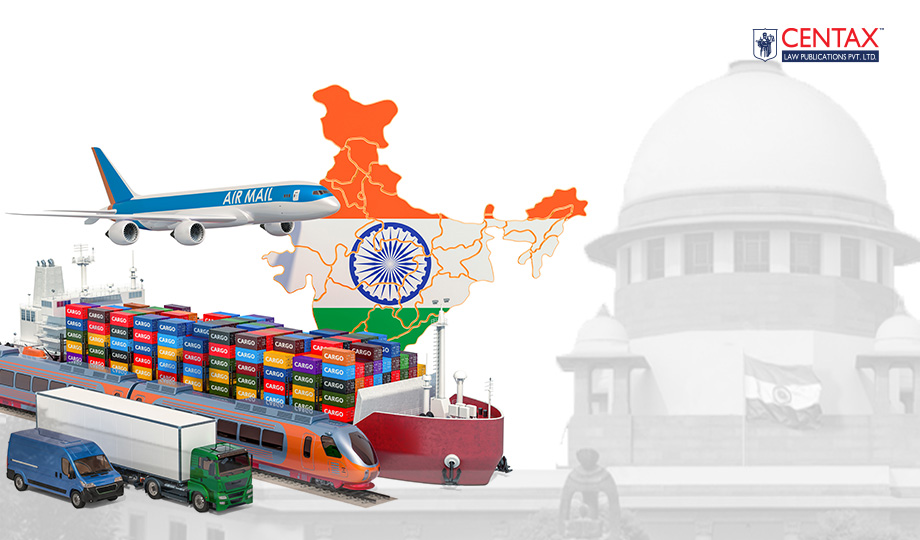
Press Release, Dated 07-10-2025
1. Introduction
The Central Board of Indirect Taxes and Customs (CBIC) has announced a significant procedural reform through a recent press release—introducing a system-based auto-approval mechanism for IFSC code registration. This initiative is part of CBIC’s continuous efforts to simplify Customs operations, enhance transparency, and promote the government’s Ease of Doing Business agenda. The move is expected to reduce compliance time and administrative bottlenecks for exporters across the country.
2. Objective Behind the New Mechanism
The primary objective of this automated system is to streamline the IFSC code registration process and eliminate manual intervention in Customs procedures. Previously, exporters had to manually register their incentive bank account and IFSC code at each port, often resulting in delays and repetitive approvals. With the new framework, once a specific bank account and IFSC code combination for an IEC (Importer Exporter Code) has been approved at any Customs location, it will now receive auto-approval at all other ports, thus significantly improving operational efficiency.
3. Key Features of the Auto-Approval System
The new system-based approach ensures faster processing, simplified registration across multiple Customs locations, and seamless credit of export incentives. Since manual approval by Port officers is no longer required for recurring registrations, exporters will experience quicker turnaround times and fewer procedural hurdles. This reform will help eliminate redundancies, enhance system integration across Customs portals, and create a uniform, technology-driven approval framework nationwide.
4. Implementation and Compliance Requirements
Exporters must continue to use the bank account declared in the Customs Automated System to receive export-related benefits under the new procedure. The registration of Authorised Dealer (AD) Codes remains available online via the ICEGATE portal. Stakeholders simply need to submit their IFSC code registration requests through the digital platform, where the system will automatically approve duplicates across different ports. This eliminates repetitive manual approvals and ensures data consistency within the Customs infrastructure.
5. Conclusion
The launch of the system-based auto-approval for IFSC code registration marks a major step forward in CBIC’s ongoing digital transformation journey. By leveraging automation and data interoperability, the initiative not only simplifies trade compliance but also strengthens India’s position as a global leader in trade facilitation. With reduced human intervention and enhanced transparency, this reform is expected to accelerate the Customs process, improve the exporter experience, and contribute to the broader goal of seamless, technology-driven governance.




















